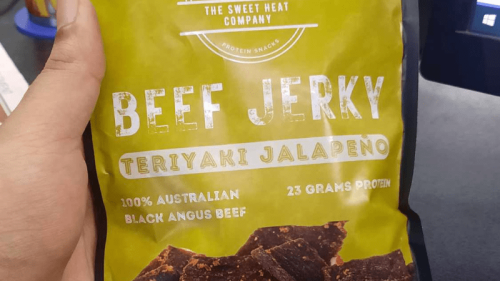JOHANNESBURG: What does political power matter if it is not matched by economic power? This is the rationale gripping South Africa 10 years after the end of apartheid.
Now for policy-makers, the most pressing challenge in South Africa is to change ownership patterns in the economy — where three quarters of equity is still in largely white hands.
To get out of its quagmire, government has drafted a Broad-based Economic Empowerment, also known as the black economic empowerment (BEE) policy. It took the policy to parliament last week, where law-makers invited a range of interest groups to comment — and all complained bitterly.
Empowerment is not new, but began circa 1994, when the Metropolitan Life insurance company became the first major corporate to sell to black shareholders. But the process has stuttered along slowly with annual ownership surveys revealing that change was too slow — now government has turned to legislation.
The Congress of South African Trade Unions (COSATU), the largest trade union federation, fired a broadside, complaining that the draft law would benefit a small elite.
“Promotion of a narrow approach to BEE creates a conflict of interest between those who want to use the state to profit themselves and their allies, and the majority of poor communities who are desperate for affordable services and job creation,” says COSATU researcher Elroy Paulus.
But Lionel October, the steward of the policy and a deputy director-general in the Trade and Industry department says there is a lot in the policy for workers. “I thought there’d be bigger buy-in from labour as the model is broad-based and provides support for employee share ownership, co-ops and union ownership. Skills and human resource development are central and they get equal weighting to ownership,” he says.
The mooted empowerment law sets out the three areas for transfer of wealth as equity, financing and training. The purpose is both to build a black corporate class, but also to ensure that affirmative action in workplaces is accelerated and that the unemployed — largely black, young and female — are trained and accommodated in the formal sector.
October says government believes that empowerment should drive economic growth, currently at a sluggish three per cent.
“By increasing growth, you create a bigger middle class. Many foreign investors say that South Africa has a missing middle and that impacts on growth because there is little domestic spending,” he says.
But established businesses — largely white — represented in parliament last week said that the law could impact on growth by over-regulating the sector and making it difficult for small businesses to operate.
Small and medium-sized businesses are responsible for a higher and higher proportion of gross domestic product (GDP) in South Africa but are wilting under a welter of red-tape. Since 1994, government has fundamentally altered the legal landscape, introducing new tax, labour and company laws.
“We are concerned about compliance conditions imposed on prospective investors and we must warn against the possibility of undermining efforts to foster national cohesion and identity,” says Abri Meiring of the South African Chamber of Business (SACOB).
The Chamber represents largely white business which is worried that it will not be able to receive government contracts if they do not take on black partners. Such procurement is increasingly won by companies that can show significant black ownership and control.
But on the other side of the spectrum, black business representatives said government was being limp-wrested in its policy, not going far enough to accelerate black empowerment.
Don Mkhwanazi, the spokesperson for the KwaZulu-Natal BEE Alliance based in the port city of Durban, says the draft law is “almost apologetic” about its aims.
Mkhwanazi also seeks to exclude Indians from the ambit of BEE. Indians, who number almost a million South Africans, and include a large strata of merchants, among them, have benefited disproportionately from empowerment until now, he argues.
This view is likely to gain currency as other commentators have also sought to exclude white women from the ambit of historically disadvantaged people. Historical disadvantage has been defined as including white women but lobbyists are pushing against the provision.
In the era of the struggle against apartheid, a common cry was “Amandla, Awethu” which meant power to the people. Now the era is one of real power to the people, though opponents worry that it may be too small a portion of the population.
Of the 45 million South Africans, nearly 31 million are black, 5 million white, 3 million coloured and one million Indians. —Dawn/The InterPress News Service.












































Dear visitor, the comments section is undergoing an overhaul and will return soon.